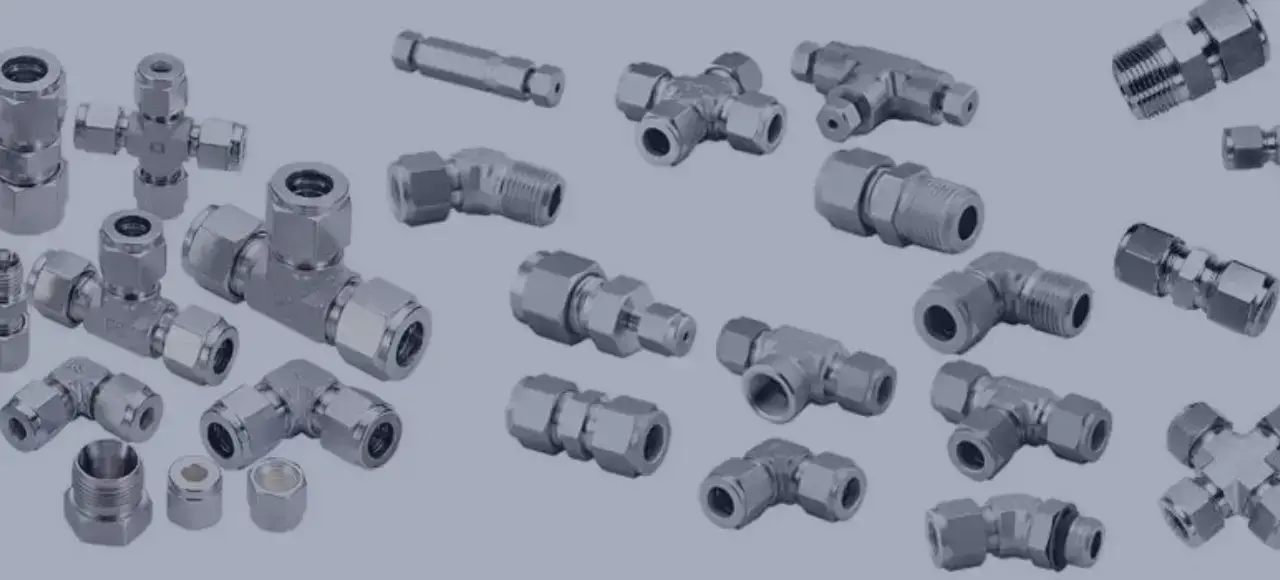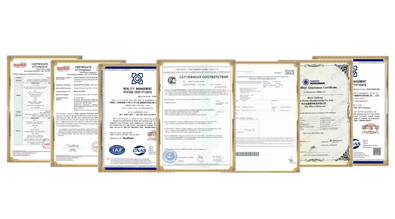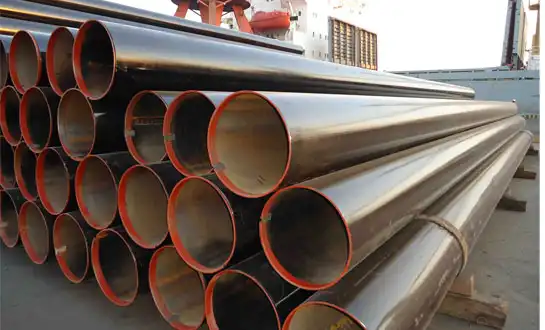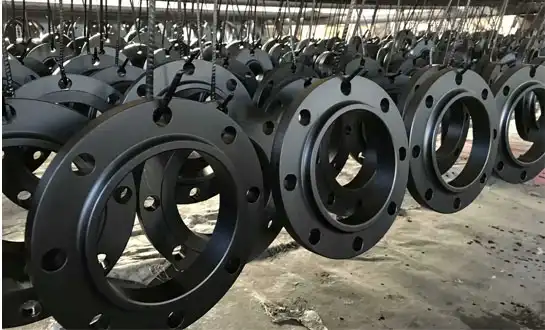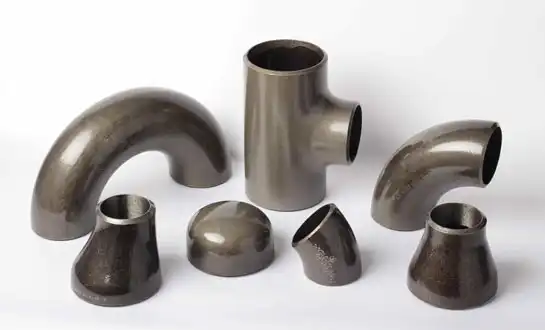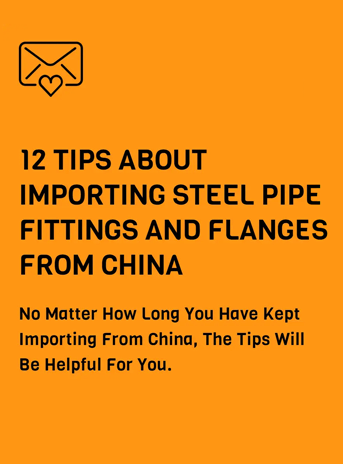Use cases: when to choose connectors (flanges, unions) vs. quick couplings
The system will work well, stay safe, and last a long time if you choose the right pipe link. Here are some times when normal quick connections or industrial parts might be better:
High-Pressure Systems
When there is a lot of pressure, like in hydraulic systems or high-pressure steam lines, industrial links like flanges are often the best choice. Because they are well-made and close well, they can handle high pressures without putting safety at risk. For example, flanged valves can handle pressures of over 1000 psi and are strong and stable enough to be used in oil plants.
Corrosive or Hazardous Materials
When working with chemicals that break down things or dangerous materials, the link method you choose is very important. Corrosion and wear are less likely to happen with industrial joints, especially those made from specialty materials like stainless steel or rare metals. Because of this, they are the best choice for chemical processing plants or wastewater treatment plants where the link must be safe and environmentally friendly.
Frequent Maintenance Requirements
Unions and flanges are useful in systems that need to be maintained or have parts replaced often. Because of how they're made, they're easy to take apart and put back together without damaging the lines. Things like food processing plants and drug companies need to clean and check things a lot to stay clean. This helps them do that more easily.
Temporary or Quick-Connect Applications
Standard quick connectors might be better for situations where connections need to be made quickly or where they need to be made and broken often. These are often used in air systems, mobile tools, hydraulic power units, or other places where they need to be quickly connected and disconnected. Quick connections are great for traveling tools or testing setups because they are quick and easy to use.
Cost-Sensitive Projects
Standard connections might be the cheaper option for projects with tight budgets and less demanding working circumstances. In-home plumbing or low-pressure watering systems, for instance, simple screw or compression valves can work well enough for less money.
Space-Constrained Environments
When installation and repair work can't be done easily because of limited room, the choice between industrial links and standard connections may be affected. Because they are smaller, flanged links might not work in busy machine rooms or other tight industrial areas.
This is how you should choose between normal connectors and industrial pipe connectors: understand what the job needs. As you push on it, think about how well the parts are made, how often they need to be changed, and how the whole thing is put together. The best way to figure out which link method will work best for your project is to talk to smart people or sellers like RawYoung.
Performance comparison: sealing integrity, pressure rating, and ease of assembly
It's important to look at key performance measures that have a direct effect on the system's safety, stability, and efficiency when comparing industrial pipe fits to regular links. We will compare them based on how well they close, how much pressure they can handle, and how simple they are to put together:
Sealing Integrity
Connectors for Industry:
- Because they are designed and use gaskets or O-rings, they offer better protection.
- Make the seals more regular and reliable, especially in places with a lot of shaking.
- Allow for better control over the force of the joint through torque specs
- Keep the stability of the seal even when temperatures and pressures change.
Standard Couplings:
- Most of the time, thread lubricants or tension will do the job.
- May leak more often over time, especially in settings that change often
- Can be damaged by bad fitting methods, which could cause the seal to fail.
- May need to be inspected and fixed more often to make sure the seal stays intact.
Pressure Rating
Industrial Connectors:
- Usually made for uses with higher pressures, usually more than 1000 psi
- Provide a wide range of pressure levels to meet different business needs
- More effectively keep up success when pressures change.
- Make high-pressure devices safer by adding more safety gaps.
Standard Couplings:
- Usually good for uses with low to medium pressure
- May not work well in places with high pressure or pulsing pressure
- Often need extra support or reinforcement in systems with higher pressure
- usually only offer a smaller range of pressure values
Ease of Assembly
Industrial Connectors:
- Need more accuracy during the first installation
- Often need special tools and trained workers to be put together correctly
- Make it easy to take apart and put together during repair.
- Make sure you can see that the assembly is correct (for example, by lining up the flanges).
Standard Couplings:
- Usually easier to fix; only needs basic hand tools
- They are easy to put together and can be used for temporary links.
- Possible to be harder to take apart without breaking parts
- Usually don't need as much specific understanding to add
The analysis of performance makes it clear what industrial connections are good at when safety and dependability are very important. They are the best choice for important manufacturing systems because they close better and can handle more pressure. But standard fittings can still be useful in less difficult cases or when you need to connect things quickly and for a short time.
When choosing between these choices, think about things like
- The exact temperature and pressure that your device needs
- How often repairs and inspections needed to be done
- How knowledgeable the people who can set up and maintain it are
- Costs that last a long time, like possible downtime and fix costs
You can make a choice that improves the performance, safety, and cost-effectiveness of your industrial pipe connector system by giving these things careful thought and talking to professionals with a lot of experience.
Conclusion
Finally, whether you should use industrial pipe links or normal joints relies on the needs of your application. When safety and dependability are very important, industrial links work great in high-stakes, high-pressure situations. For important industry uses, they work great because they close better, can handle higher pressures, and are easier to keep up. When things aren't too hard, simple links work best. They don't cost much and are easy to use for short-term or small jobs.
Think about how much it costs over time, how hot or cold it is, how important it is, and how often it needs to be fixed before you make your choice. You need to pay close attention to these things so that your water system works now and again.
RAYOUNG can help you choose the right pipe connections for your needs. RAYOUNG is a top company that makes high-quality industrial pipe fittings like butt-weld steel elbows, reducers, and flanges. They have solutions that make sure connections are safe in a lot of different design situations. Our dedication to quality is supported by GOST-R and SGS approvals, which promise export compliance and top-notch performance.
FAQ
1. What are the main types of industrial pipe connectors?
Two main types of industrial pipe links are flanges and unions. The other two are mechanical couplings and welded joints. Each type is best for a certain job because of things like the pressure grade, how easy they are to keep, and how they need to be put.
2. How do I choose between industrial connectors and standard couplings for my project?
The budget, the working pressure, the temperature, the type of fluid being moved, and the amount of maintenance that needs to be done all affect the choice. Iron links are often the best choice when there is a lot of stress, heat, or rust. So, normal connectors might be better for easier jobs or when you need to connect and separate things a lot.
3. Are industrial pipe connectors more expensive than standard couplings?
When bought for the first time, pipe parts like flanges and unions may cost more than other links. In the long run, though, they're often cheaper because they last longer, are easier to keep up, and work better when things go wrong. This could mean that fixes will take less time and cost less money.
Elevate Your Piping System with Premium Industrial Connectors | RAYOUNG
Are you ready for your business's pipes to last longer and work better? These industrial pipe parts from Ra Young are very good, last a long time, and come in many styles. Your project will be safe, work well, and last a long time that way. Someone is ready to help you figure it out.
Bad links can hurt your whole system, so don't use them. Contact RAYOUNG today at info@hb-steel.com to discuss your requirements and discover how our industrial pipe connectors can make a difference in your operations. Let us help you build a more efficient, reliable, and cost-effective piping system that stands the test of time.
References
1. Smith, J. (2022). "Advanced Piping Systems: Connectors and Couplings in Industrial Applications." Journal of Industrial Engineering, 45(3), 178-195.
2. Johnson, A. & Brown, L. (2021). "Comparative Analysis of Sealing Integrity in High-Pressure Piping Systems." International Journal of Pressure Vessel Technology, 33(2), 87-102.
3. Technical Standards Committee. (2023). "Guidelines for Selection and Installation of Industrial Pipe Connectors." American Society of Mechanical Engineers (ASME).
4. Zhang, Y. et al. (2020). "Performance Evaluation of Various Pipe Connection Methods in Corrosive Environments." Corrosion Science, 158, 108-121.
5. Miller, R. (2022). "Cost-Benefit Analysis of Industrial Connectors vs. Standard Couplings in Long-Term Operations." Industrial Economics Review, 17(4), 230-245.
6. European Committee for Standardization. (2021). "EN 1092-1: Flanges and their joints - Circular flanges for pipes, valves, fittings and accessories, PN designated - Part 1: Steel flanges." CEN.
